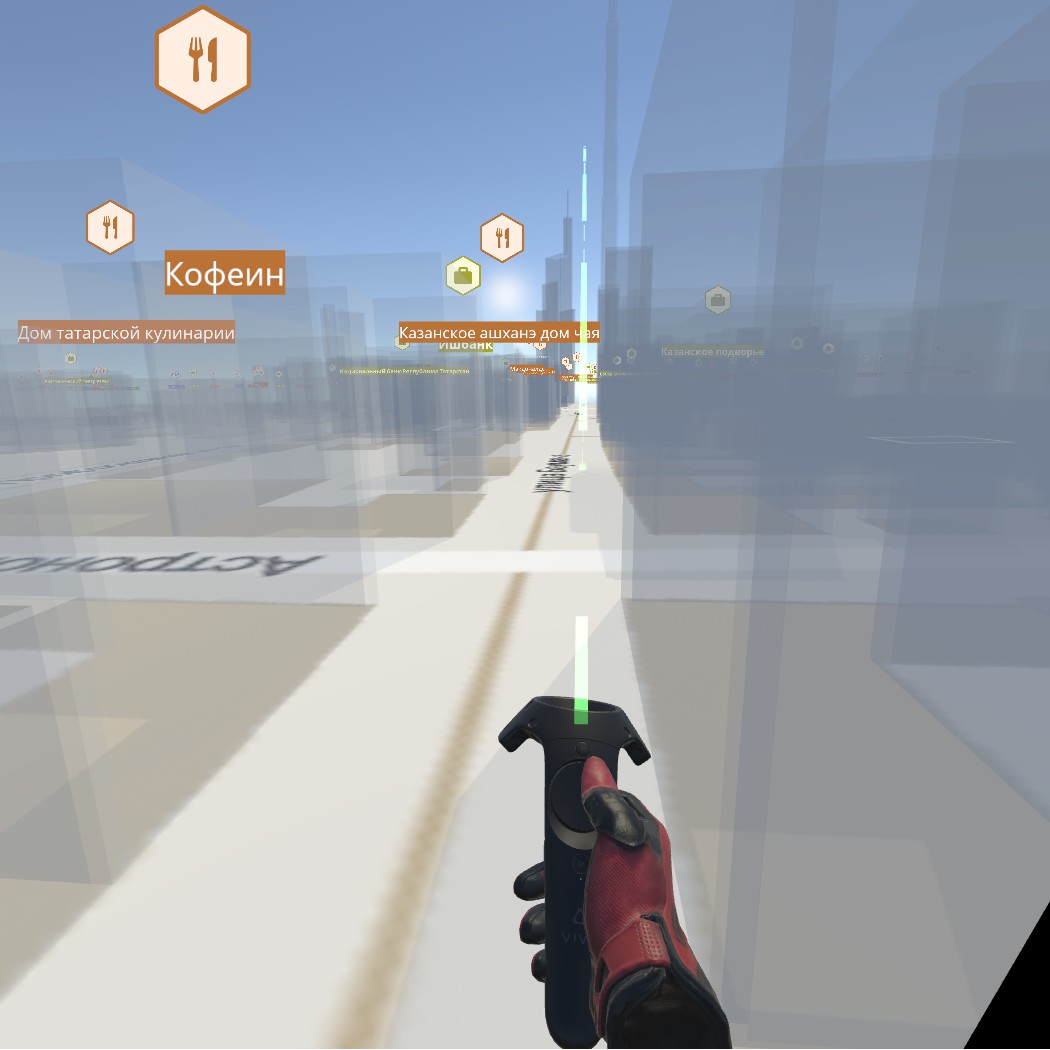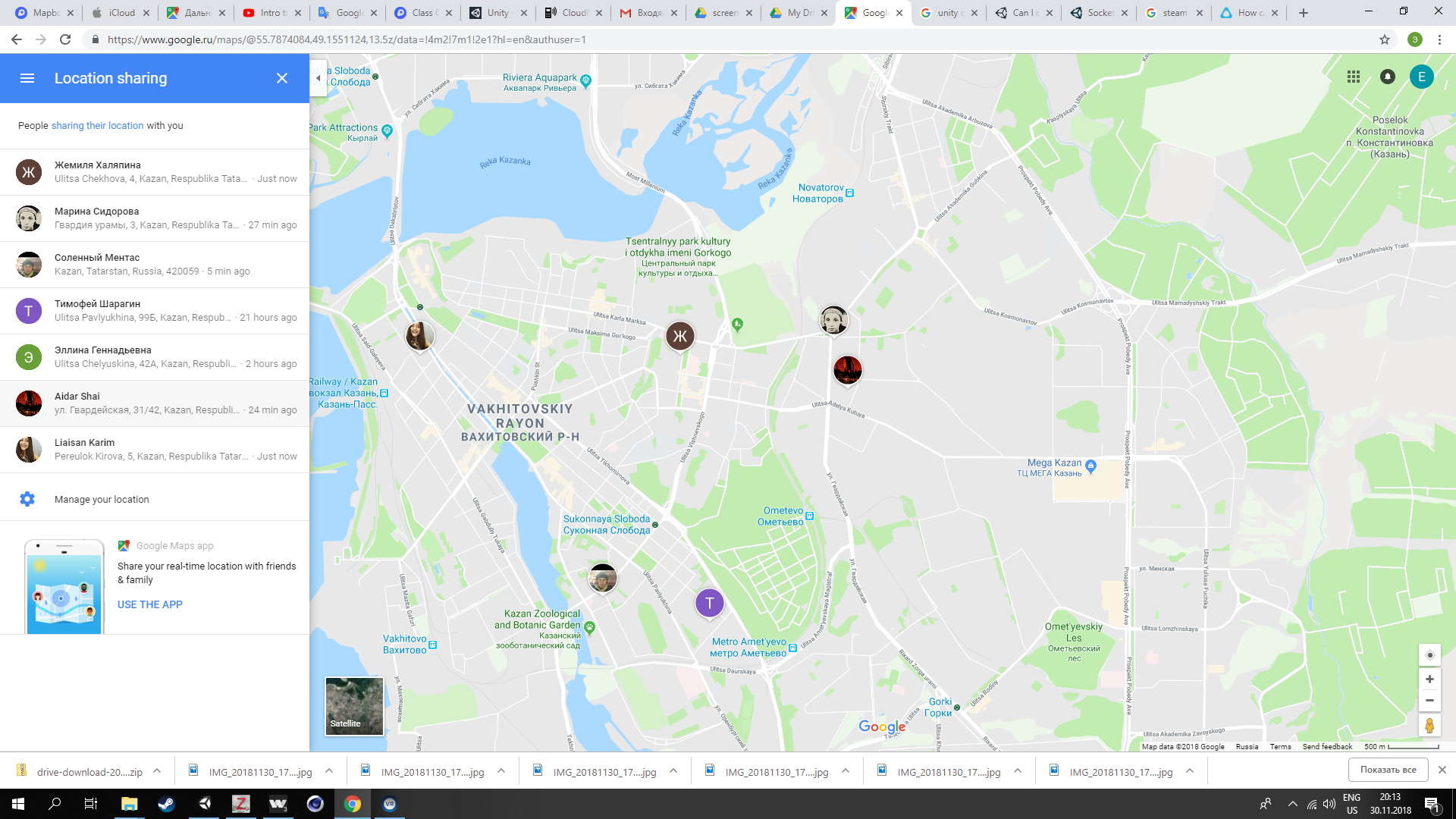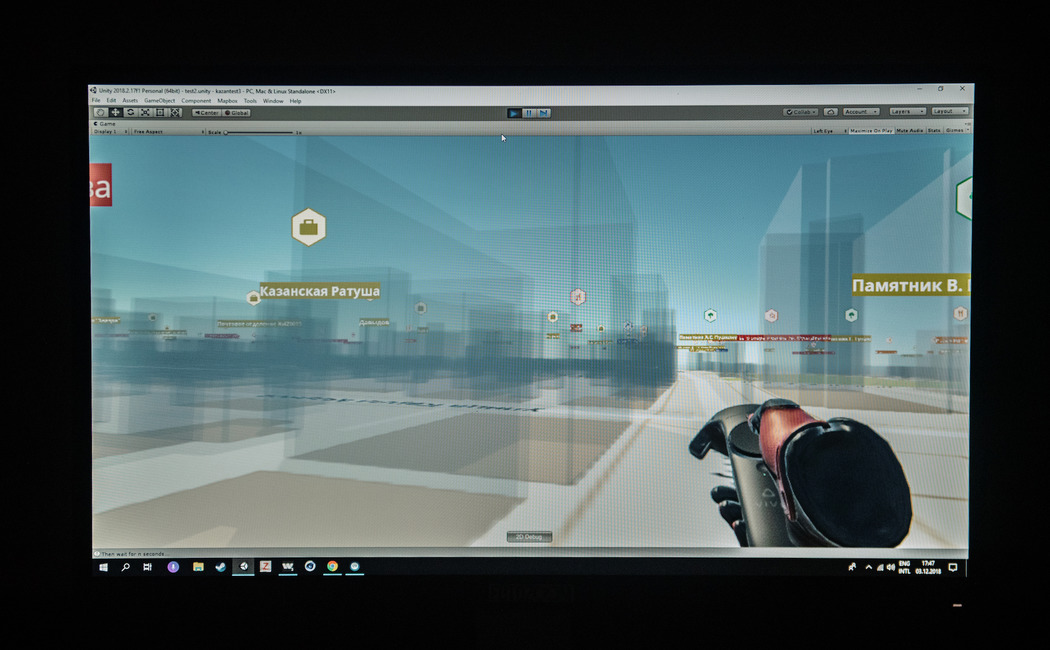STALK
HTC VIVE, Unity3d, photogrammetry
Kazan
2018
It is believed that over the past 300 years, people have become more liberal and democratic, but this is not quite the case. The emergence of liberal democracies is tied to the ideals of freedom and equality, which may seem
obvious and irreversible. But these ideals are much more fragile than we think. Their success in the 20th century depended on the unique technological conditions that may turn out to be ephemeral. In the second decade of the 21st century, liberalism began to lose confidence. Debates about the ability of a liberal democracy to provide the middle class have become louder and louder; politics has become more clan-based; and in more and more countries, leaders are prone to demagogy and autocracy. The reasons for this political shift are complex, but they seem to be intertwined with modern technological developments. Power, as the asymmetry of knowledge, is disciplinary. It is an institute for the normalization of the society. The body of an obedient student, an obedient soldier, an obedient prisoner, or, for example, a clerk
arises. Addressing the issue of security tends to encourage the spread of power, the state. The generation of fear
breeds new discipline.



The link between panopticon and the modern society was made by Michel Foucault, who saw in the panopticon
something more than an architectural plan. In his interpretation, the panopticon becomes a disciplinary
principle, going far beyond the framework of a round-shaped building. Anti-globalists, critics of Google and
social networks, see the triumph of Bentham’s plan in the “surveillance society” established by modern control
systems. First of all, this is manifested in surveillance cameras and systems collecting information about
users. In the modern society, it is difficult to grope the point of power, as it is distributed between large international
companies, special services, private forces. In my project, I would like to present the opportunity to approach this point.
A voluntary test group has given me their GPS coordinates so it is possible to track the location of any participant
any time. However, it is possible to look at this location only in the exhibition space in virtual reality. Walking around the city map in VR, you can track the location of the entire test group, as in reality it can be done by intelligence officers or large corporations using data from mobile phones. Thus, the viewer is invited to touch the modern ephemeral point of power in the virtual world. Do not be afraid to interact with it and overcome the phobia of global surveillance. For example, once researchers from Stanford University suggested that subjects live for a while in the body of a superhero. As a result of the experiment, it turned out that the volunteers in life became more helpful than before. The virtual human models were made based on real photographs of the participants' faces.










